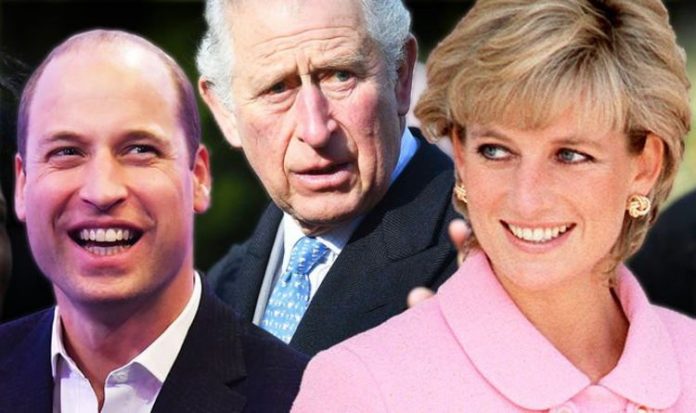A Channel 4 film about Princess Diana’s bombshell interview with BBC’s Panorama programme claims the royal also told the then editor of The Daily Telegraph, Sir Max Hastings, Charles was not up to the task of kingship. Diana: The Truth Behind The Interview examined the circumstances behind the princess’s interview with BBC broadcaster Martin Bashir. According to the documentary, the BBC was Diana’s second choice to tell her story, as three months before the Panorama interview she attempted to get her story out in a two-hour, one-on-one briefing with the then Daily Telegraph editor.
The programme claims Diana told Sir Max that she “hated” Charles and that the marriage “had been hell from day one”.
She is said to have branded the prince not up to the task of kingship and said that their son the Duke of Cambridge should be the next king.
He said: “I spent the best part of a couple of hours with Diana and she put on a wonderful show.
“It was absolutely gripping stuff.
READ MORE: Prince Andrew erupts at Charles over monarchy plans ‘They are blood!’
“It became clear first of all, how much she hated Charles. She did hate Charles.
“I said, ‘were there ever happy times?’ and she said, ‘no the marriage was hell from day one’.
“I was amazed by the frankness, the directness in which she said that.
“She said that all she cared about was William’s succession to the throne and she said to me quite explicitly, ‘I don’t think Charles can do it’.
At the time of her death in 1997 in a Paris car crash, the princess had been divorced for a year after the final stages of her marriage break-up had become public.
Diana’s marital troubles had been laid bare in the 1992 Andrew Morton book Diana: Her True Story.
Three years later came more revelations when she told the BBC Panorama documentary: “Well, there were three of us in this marriage, so it was a bit crowded,” a reference to Camilla Parker Bowles – who the Prince of Wales later married.
In 1994, Charles had confessed to adultery in a TV interview with broadcaster Jonathan Dimbleby, but only after his marriage had “irretrievably broken down”.







